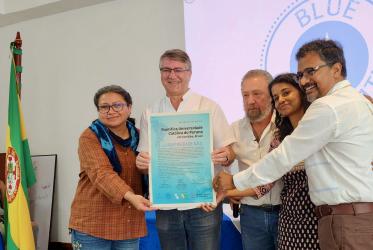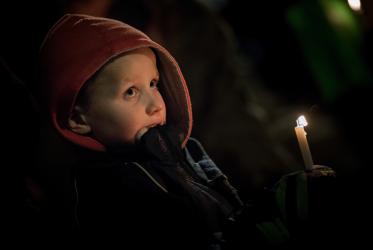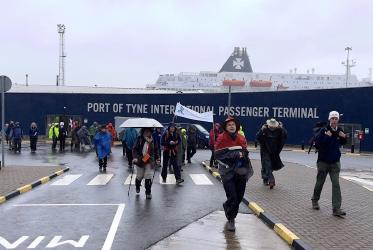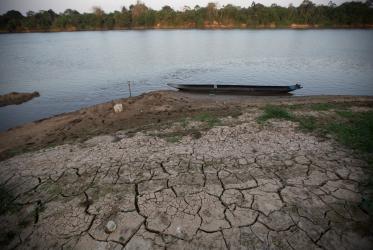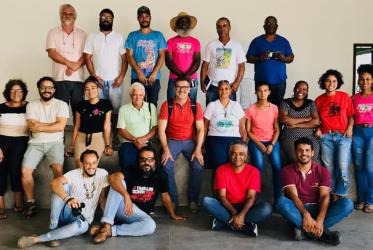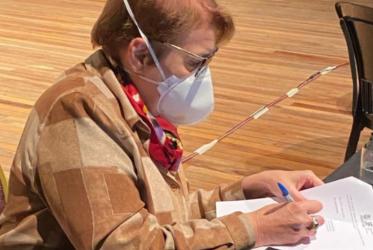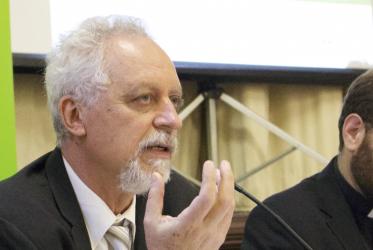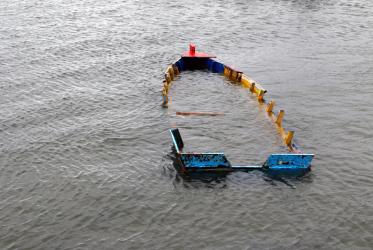Displaying 1 - 20 of 65
Brazilian ecumenical water network launched
29 July 2021
Pulling together for a living River Pardo
02 July 2021
WCC general secretary: “Love opens the way to change”
13 February 2020
Interfaith Rainforest Initiative expands
12 February 2019
